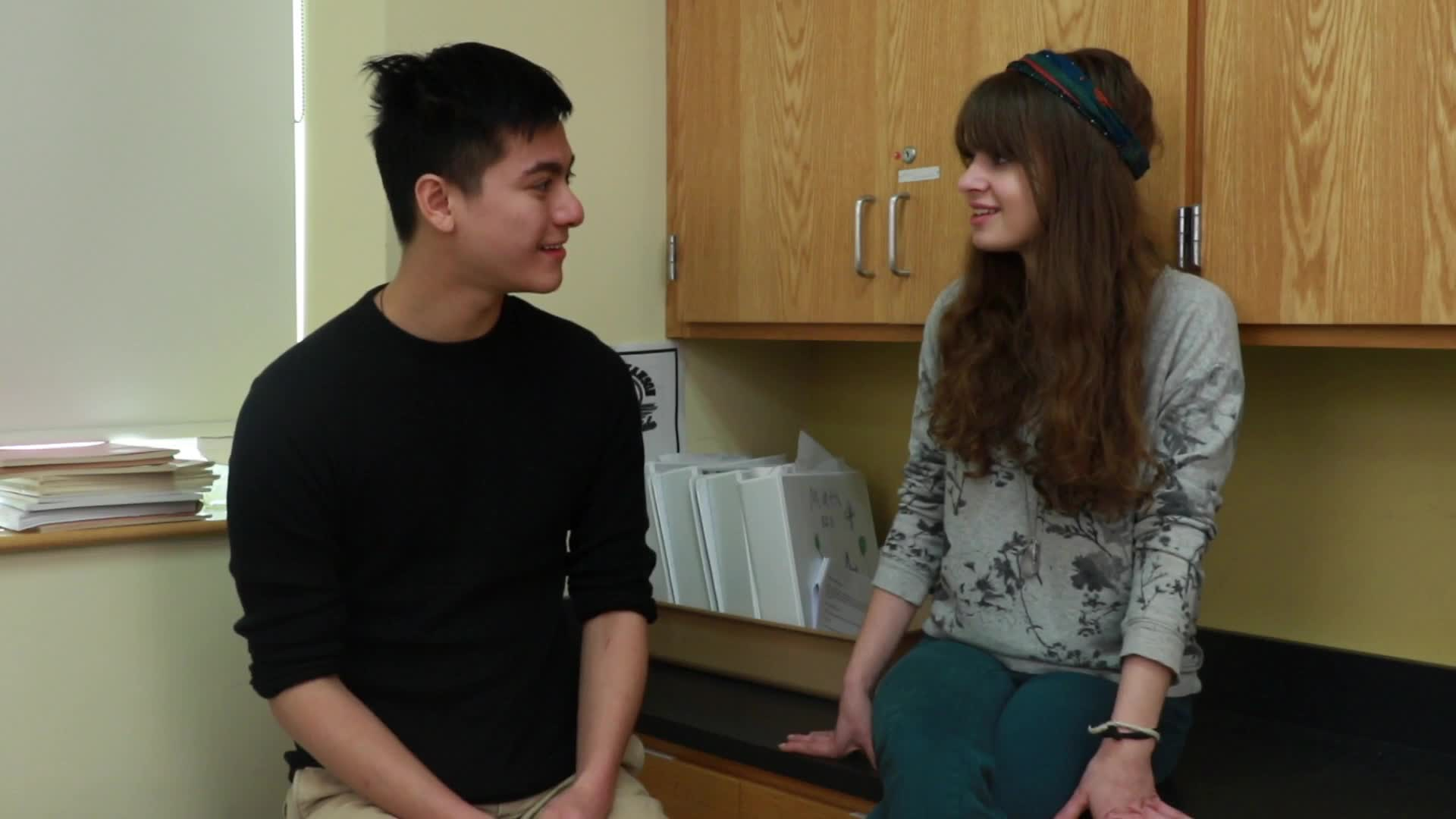
Introduction
Trust is a fundamental aspect of human relationships and communication. One way trust is demonstrated is by sharing secrets with someone, which signifies that the person trusts them not to disclose the information to others. In this blog post, we will explore the concept of secret-keeping and discuss how to teach students the importance of trust and respecting others’ privacy in a social-emotional learning context.
No-Prep Activity: The Trust Chain Game
This activity requires no preparation or materials and is designed to help students understand the importance of trust and keeping secrets. Here’s how it works:
- Have the class sit in a circle.
- Explain to the students that they will be playing a game called “The Trust Chain.”
- Tell the students that you will start by whispering a secret to the person on your left. This secret should be a simple, harmless statement, such as “I like chocolate ice cream.”
- Instruct the students to whisper the secret to the person on their left, continuing around the circle until the secret reaches the last person.
- Ask the last person to share the secret out loud. If the secret has changed, discuss how the trust chain was broken and why it is important to keep secrets when asked to do so.
This activity helps students experience the importance of trust and secret-keeping firsthand, while also providing an opportunity to practice active listening and communication skills.
Discussion Questions
Use these questions to stimulate further discussions about trust and secret-keeping:
- Why is it important to keep secrets when someone asks you to?
- How would you feel if someone shared a secret you told them in confidence? How do you think it would affect your relationship with that person?
- What are some situations where it might be difficult to keep a secret? How can you handle these situations while still respecting the trust of the person who shared the secret with you?
- Why is trust an important aspect of friendships and other relationships?
- How can we build and maintain trust with others?
Related Skills
Beyond trust and secret-keeping, there are other relevant skills that students can benefit from in their social-emotional learning journey. These include:
- Active listening: Paying close attention to what others are saying and responding appropriately. This skill is crucial for building trust and maintaining strong relationships.
- Empathy: Understanding and sharing the feelings of others, which can help students better navigate social situations and respond to others’ emotions in a supportive way.
- Respecting boundaries: Recognizing and respecting the personal boundaries of others, including their privacy and the confidentiality of information they share.
- Conflict resolution: Developing the ability to address disagreements and misunderstandings in a constructive manner, which can help preserve trust and maintain healthy relationships.
Next Steps
Teaching trust and secret-keeping is an important aspect of social-emotional learning, especially for students in special education. To further support your students’ growth in this area, we invite you to sign up for free samples of our skill-based materials and resources. Visit Everyday Speech to access a wide range of engaging and effective materials designed to help students develop essential social-emotional learning skills.

